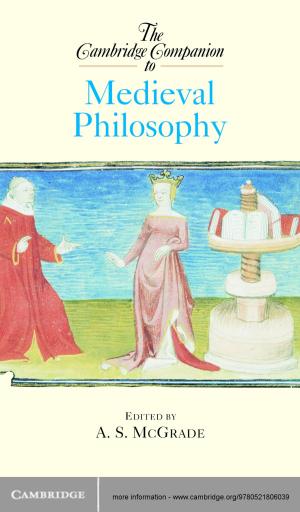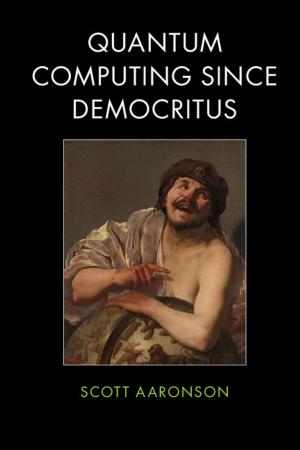Memory and Intertextuality in Renaissance Literature
Fiction & Literature, Literary Theory & Criticism, British, Nonfiction, Health & Well Being, Psychology| Author: | Raphael Lyne | ISBN: | 9781316028063 |
| Publisher: | Cambridge University Press | Publication: | February 9, 2016 |
| Imprint: | Cambridge University Press | Language: | English |
| Author: | Raphael Lyne |
| ISBN: | 9781316028063 |
| Publisher: | Cambridge University Press |
| Publication: | February 9, 2016 |
| Imprint: | Cambridge University Press |
| Language: | English |
This book uses theories of memory derived from cognitive science to offer new ways of understanding how literary works remember other literary works. Using terms derived from psychology – implicit and explicit memory, interference and forgetting – Raphael Lyne shows how works by Renaissance writers such as Wyatt, Shakespeare, Jonson, and Milton interact with their sources. The poems and plays in question are themselves sources of insight into the workings of memory, sharing and anticipating some scientific categories in the process of their thinking. Lyne proposes a way forward for cognitive approaches to literature, in which both experiments and texts are valued as contributors to interdisciplinary questions. His book will interest researchers and upper-level students of renaissance literature and drama, Shakespeare studies, memory studies, and classical reception.
This book uses theories of memory derived from cognitive science to offer new ways of understanding how literary works remember other literary works. Using terms derived from psychology – implicit and explicit memory, interference and forgetting – Raphael Lyne shows how works by Renaissance writers such as Wyatt, Shakespeare, Jonson, and Milton interact with their sources. The poems and plays in question are themselves sources of insight into the workings of memory, sharing and anticipating some scientific categories in the process of their thinking. Lyne proposes a way forward for cognitive approaches to literature, in which both experiments and texts are valued as contributors to interdisciplinary questions. His book will interest researchers and upper-level students of renaissance literature and drama, Shakespeare studies, memory studies, and classical reception.















